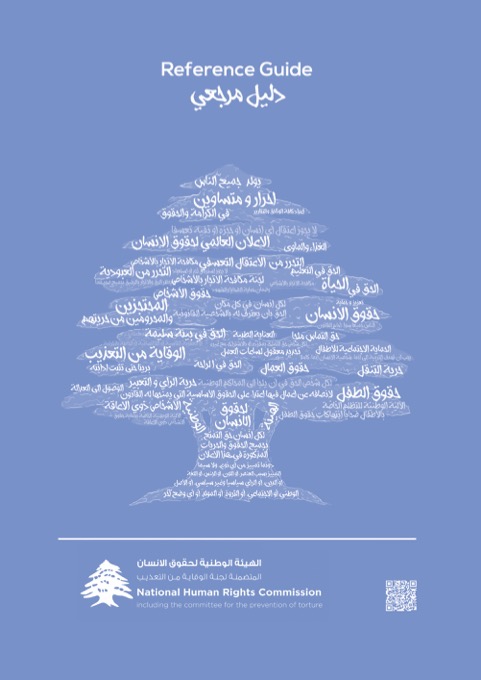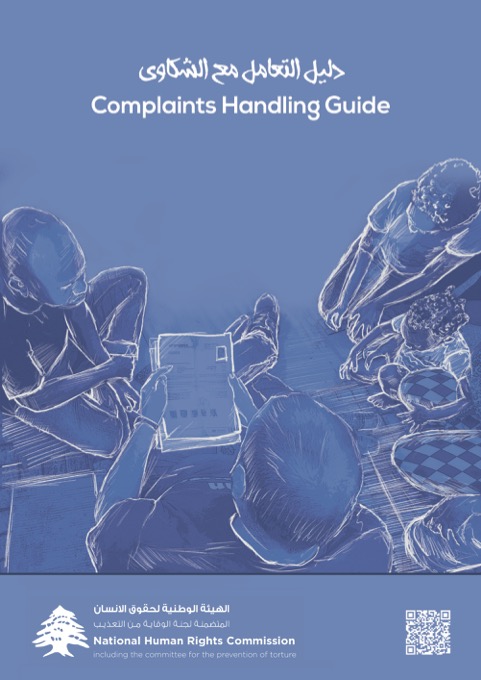BEIRUT, Oct 22 (Reuters) – Lebanon will need $250 million a month to help more than a million people displaced by Israeli attacks, its minister in charge of responding to the crisis said on Tuesday, ahead of a conference on Thursday in Paris to rally support for Lebanon.
Nasser Yassin told Reuters the government response, helped by local initiatives and international aid, only covered 20% of the needs of some 1.3 million people uprooted from their homes and sheltering in public buildings or with relatives.
Those needs are likely to grow, as daily waves of airstrikes push more people out of their homes and leave Lebanon’s government scrambling to find ways to house them, Yassin said.
“We need $250 million a month” to cover basic food, water, sanitation and education services for the displaced, he said.
Schools, an old slaughterhouse, a fresh food market, an empty complex – all of them have been turned into collective shelters in recent days. “We’re transforming anything, any public building,” Yassin said. “There is a lot to be done.”
Yassin – whose official mandate as environment minister meant he was working on preventing forest fires before the current conflict broke out a year ago – now spends much of his time at government headquarters with a crisis team, including other Lebanese ministries, the United Nations Development Programme and the Lebanese Red Cross.
They are planning for relief operations on a timeline of four to six months – but Yassin hopes the spreading war will end sooner.
“We need to have a ceasefire today, and we need everybody in the international community, for once…to be brave enough to say what’s happening,” he told Reuters, a message he said he would stress in Paris.
“There is a member state of the U.N. waging war against a small nation in the most aggressive manner we’ve ever seen in the history of Lebanon. This should be the message,” he said.
Yassin said if the displacement figures continue to grow, Lebanon would be unable to prevent possible illegal migration to Europe.
“We won’t stop people from leaving here, and taking all routes to leave these atrocities happening every day,” he said.
Yassin said he estimated the damage to Lebanon to be in the billions of dollars.
“Full villages on the border were blown up in the last few days, but also public institutions…water establishments, pumping stations, hospitals, you name it. All of these need to be rebuilt.”
Lebanese authorities have yet to put a firm estimate on the scale of destruction across Lebanon and how much money it will take to rebuild. Nasser Saidi, a former economy minister, told Reuters last week that Israel’s bombing campaign has caused damage that will cost $25 billion to repair.
UNDP’s resident representative Blerta Aliko said on Tuesday the damage would be far-reaching and include “a drastic capital loss” – including to Lebanon’s ability to feed itself long-term.
“I’m not talking from the perspective of what is required in an immediate term, in the next month – I’m talking about the impact that has on the harvesting season … being impacted in the south, being impacted in the east, which are very, very important for the country,” she said.


